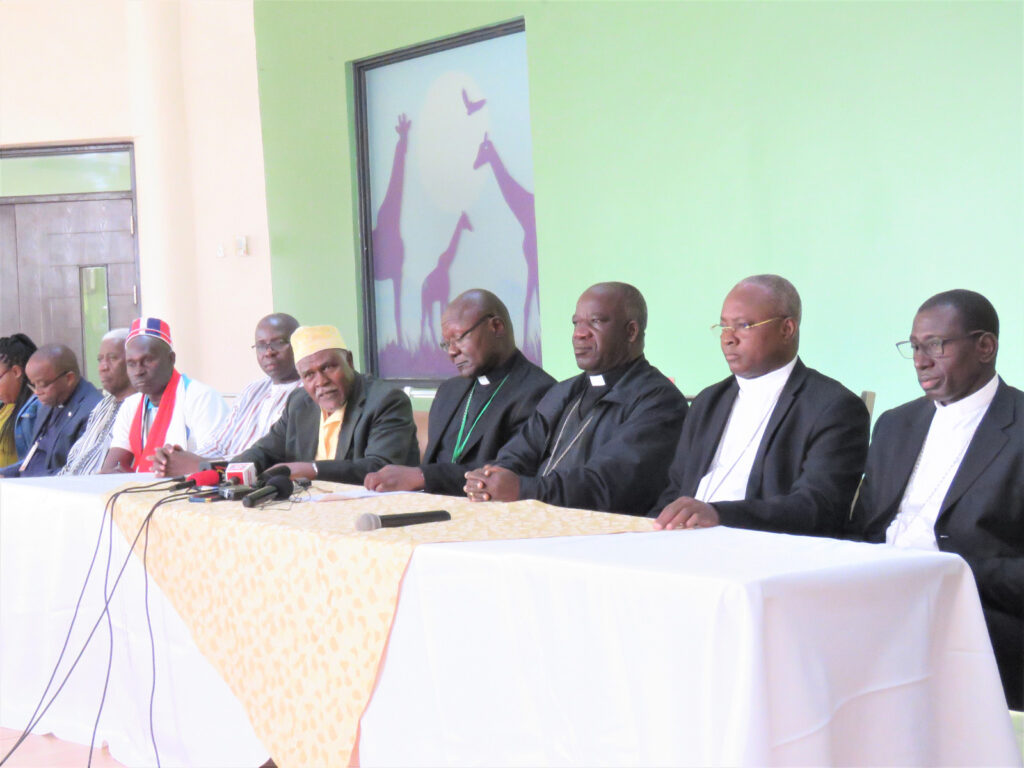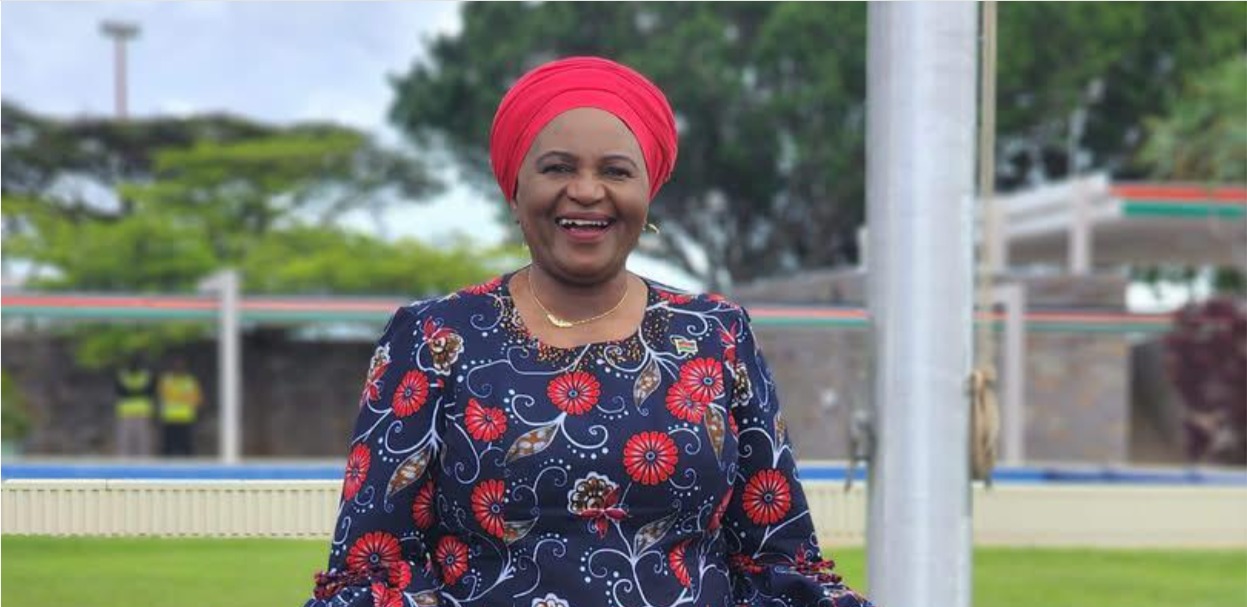Religious leaders advocate for austerity measures to curb Africa debt

African faith leaders have raised an alarm in Africa debt levels and called for debt reduction and relief process that will stop harassment of African countries in debt.
Speaking in Nairobi, the religious leaders noted that African countries owe collectively more than $1.1 trillion in external debt and 25 of them are in deep debt crises.
“Debt financing and the inordinate interest rates incurred by the global south in servicing debt affects social sector spending to achieve the global sustainable development and climate goals. Rising interest rates in major economies and slowing growth inflate debt payments, while cost of living trends erode wages and incomes,” they said.
The religious leaders also advocated for effective management of public funds and eradication of corruption of all types citing the latter is one of the big setbacks African countries face as they develop and implement policies.
They added that “Increased money transfers should go hand in hand with improved policies and practices for their use. The governance dimension of all stages in the lending process is crucial. Being public institutions, the international financial institutions have members accountable to their taxpayers and have a responsibility to secure inclusive and participatory processes at the borrower level to decide on lending priorities and monitor that funds are used for the intended purposes.”
While responding to the multiple crises of climate change, scarcity of food and water, the leaders have asserted that in these momentous times, the unified voice of African leaders emerges with unwavering clarity and determination. “Our meeting is a robust testament to the cohesive strength of interfaith unity, combined wisdom, and a shared commitment to justice.
In addition, the leaders called for collaboration between the state and religion as well as self-regulation of all religious institutions.
In their statement, the clergy reiterated they do not support military rule witnessed in the recent Niger coup and any other country forthwith as they maintained their call to justice.
In addition to their appeal for resolving conflicts and unrests, they challenged African Heads of States and Finance Ministers to present and influence their actions that can urgently help save Africa in their upcoming meetings. The meetings include the Africa Climate Summit, the G20 New Delhi Summit, the UN General Assembly and the World Bank-IMF Annual Meetings (Marrakesh).







